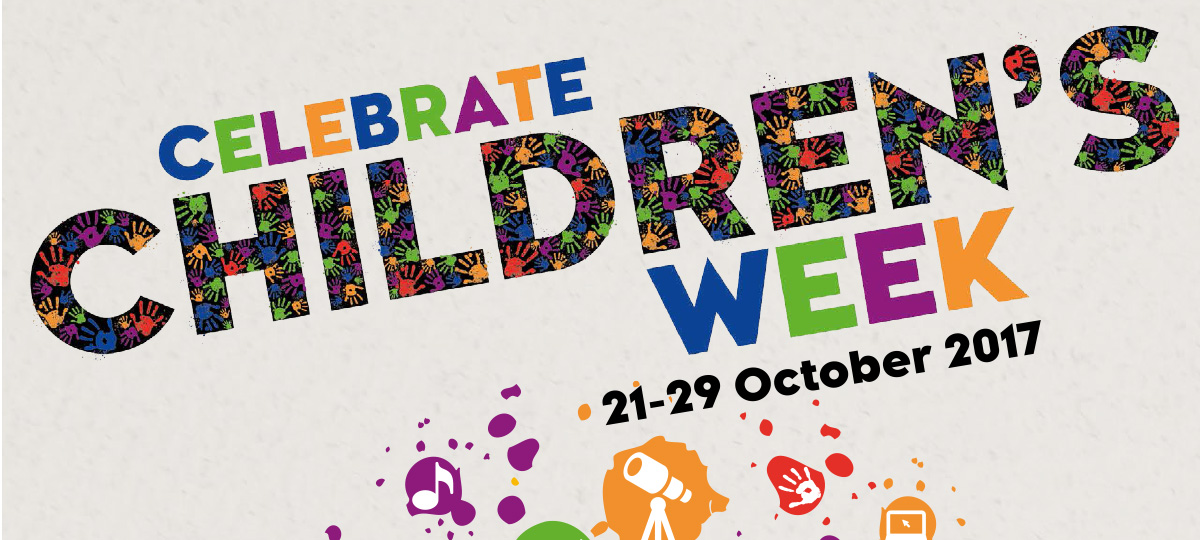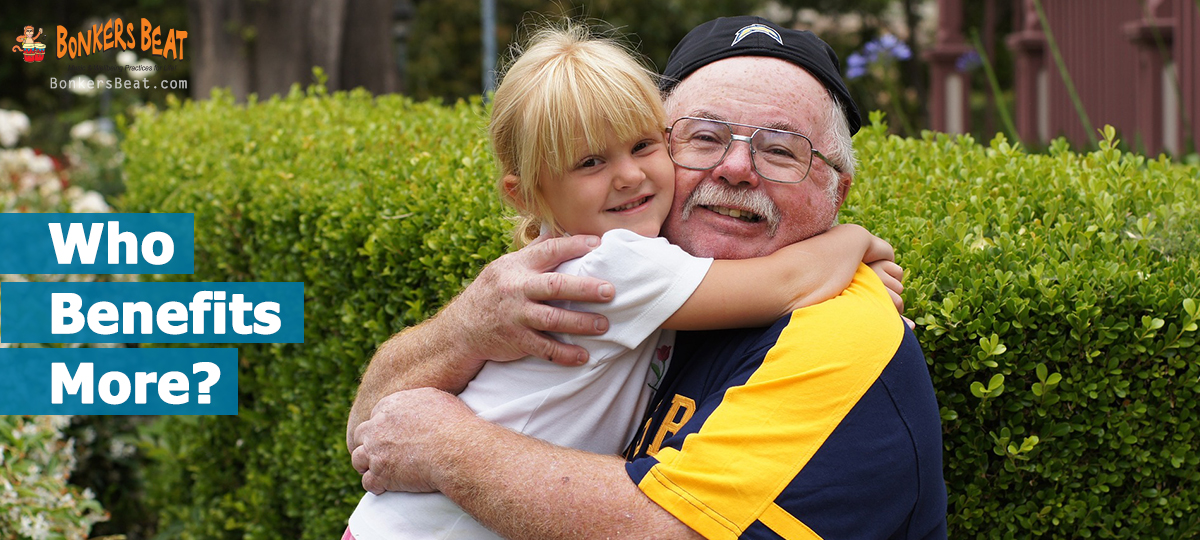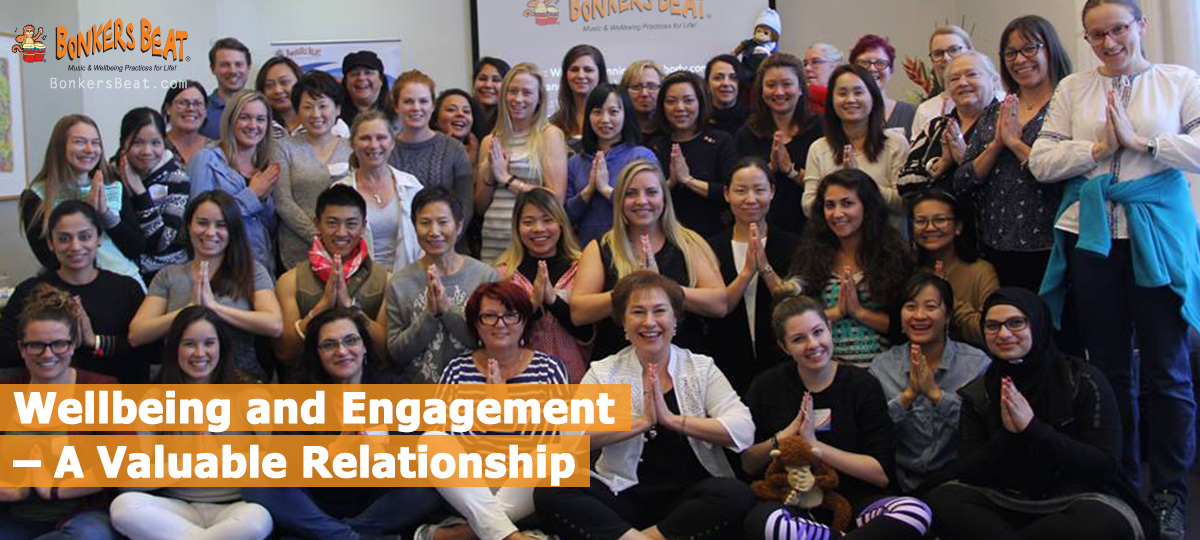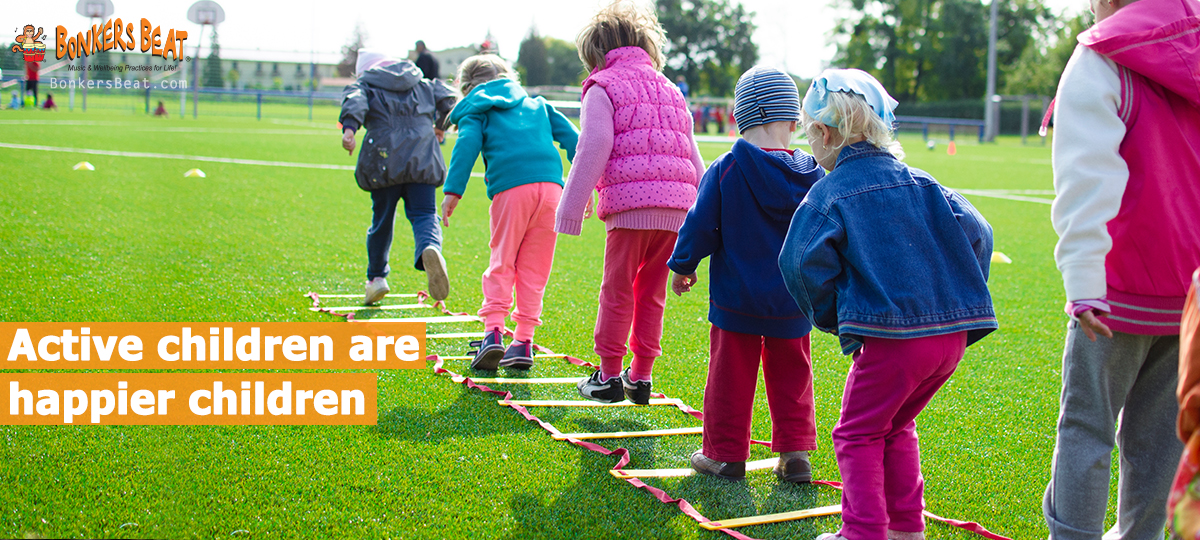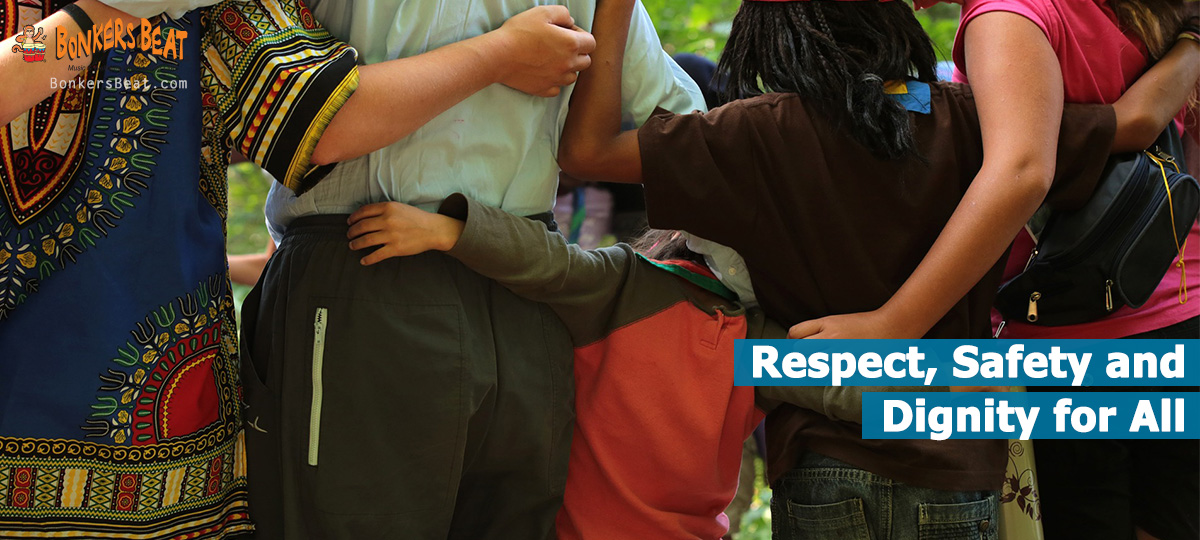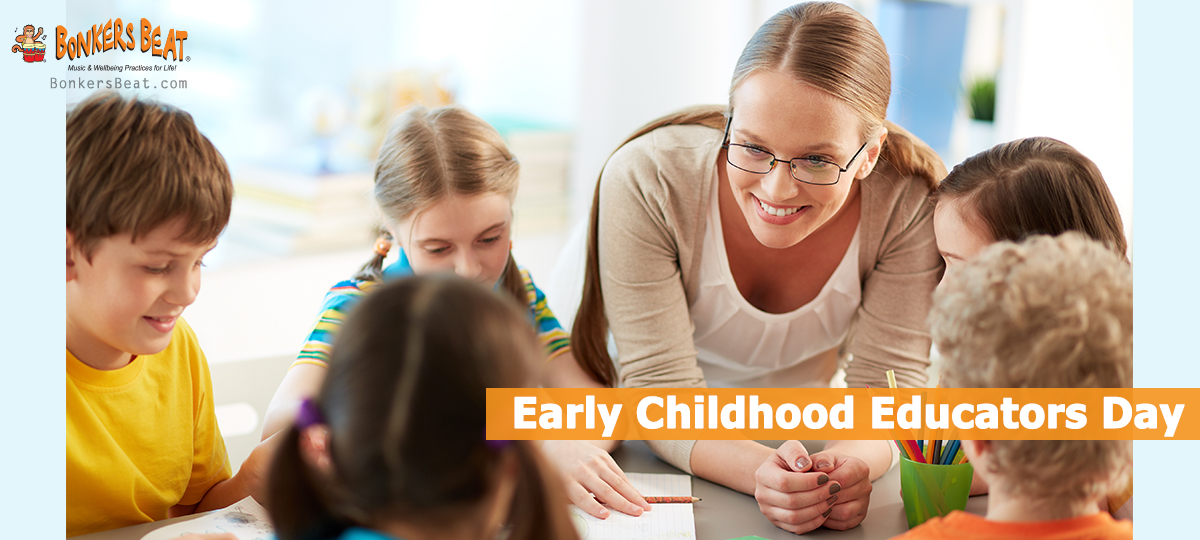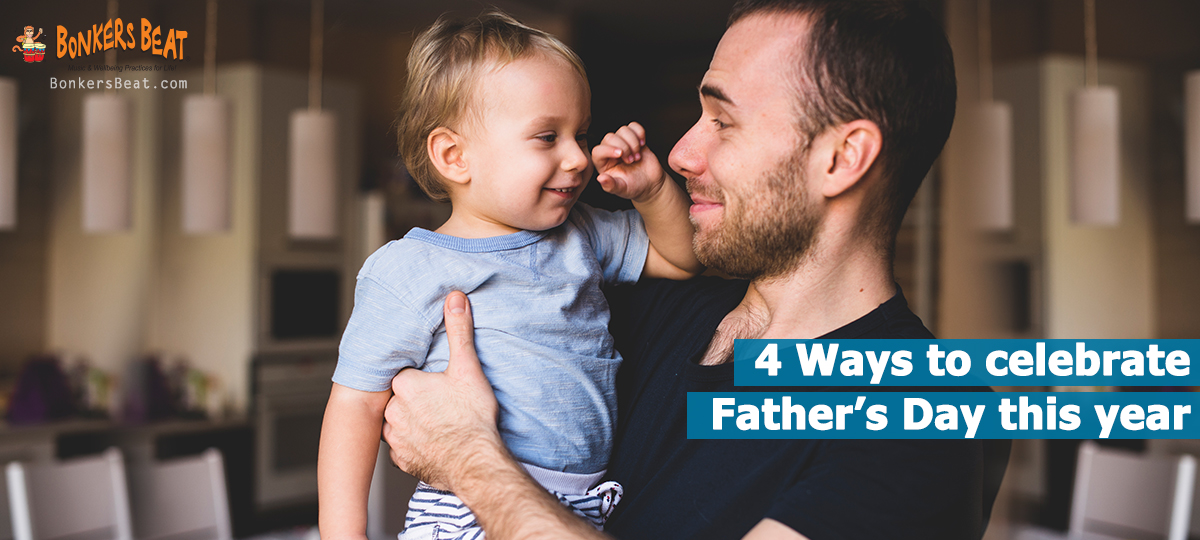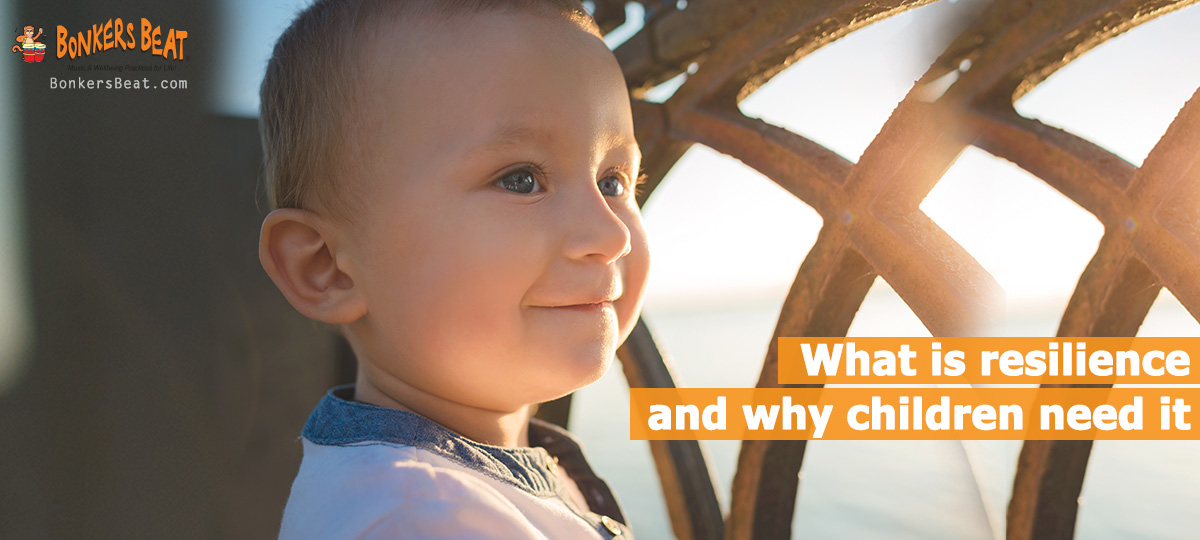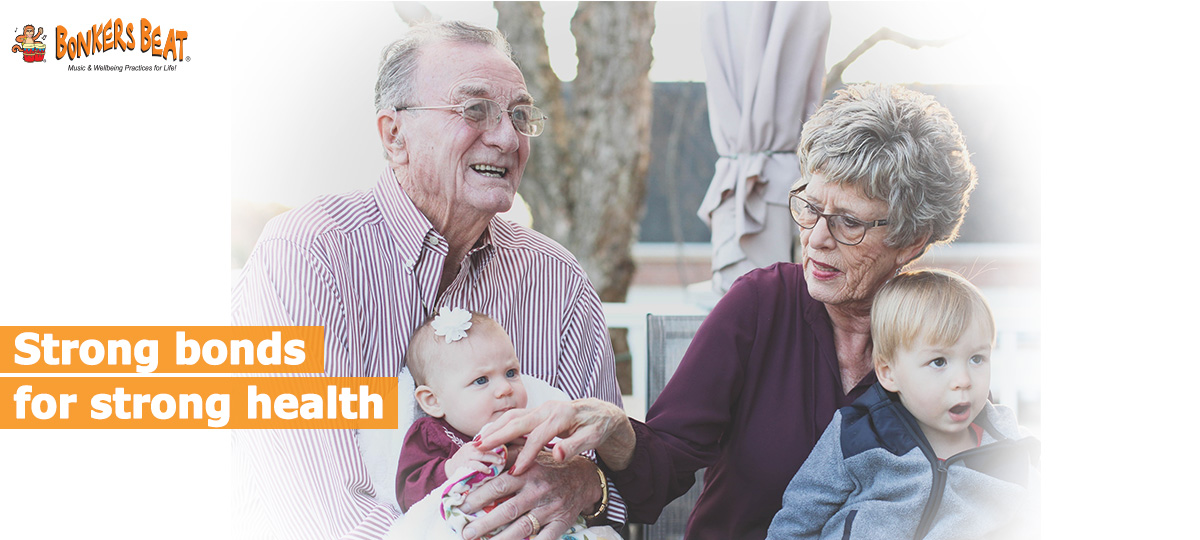Celebrate National Children’s Week 2017 as it takes place from October 21 – 29, drawing our attention to children’s rights, talents and citizenship.
The rights of the child are something that we are passionate about – you may have noticed our children’s rights posts on social media.
To celebrate National Children’s Week is to simply acknowledge children within our communities and to focus the attention of the community on children as well as their needs and achievements.
You can adapt this approach to your centre for a day or a week and celebrate children and their rights. For example a child’s right to explore or discover new things. The options are endless.
If you like, you could download a National Children’s Week 2017 poster from the official website to display in your centre. Click here to see the posters.
Each state has its own events to celebrate National Children’s Week. Select your region below to see what’s on in your state to celebrate children:
NSW / Victoria / Queensland / Northern Territory / Western Australia / South Australia / Tasmania / ACT
As a side note, while we are talking about celebrating children, let’s talk about this wonderful industry for a moment.
We are so proud to be part of Australia’s early childhood education industry, working with like-minded organisations who are committed to continually improve and raise the standard of education and care. As such, this year’s Early Years Award finalists in Victoria deserve to be congratulated for all their incredible work – well done!
You can see the list of 2017 Early Years Award finalists here.

